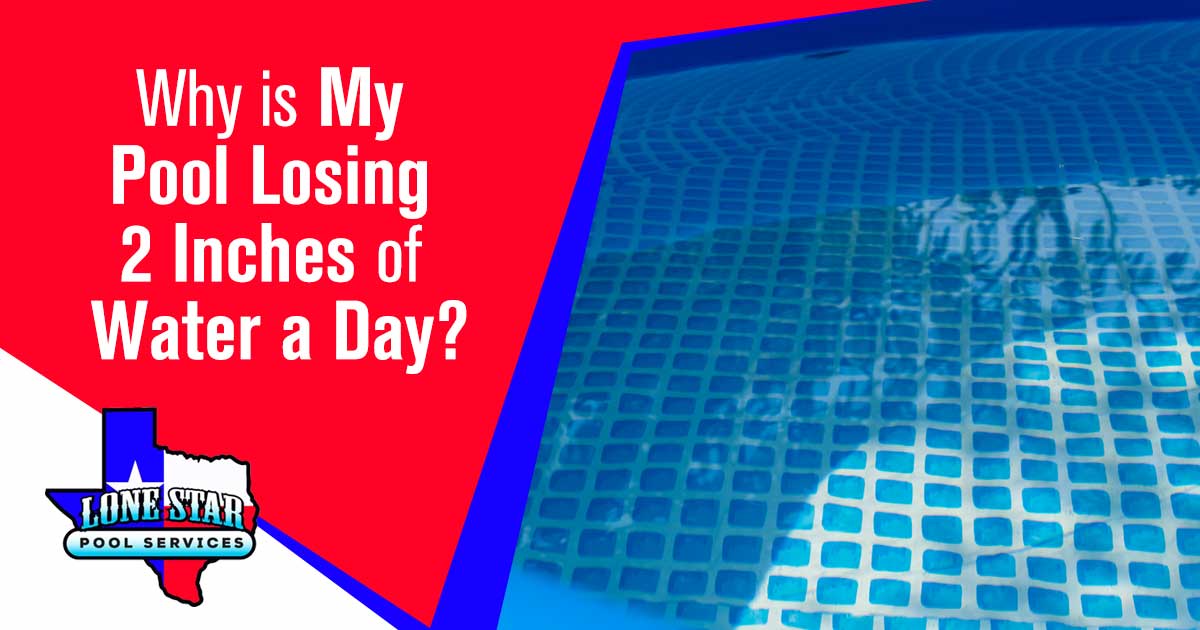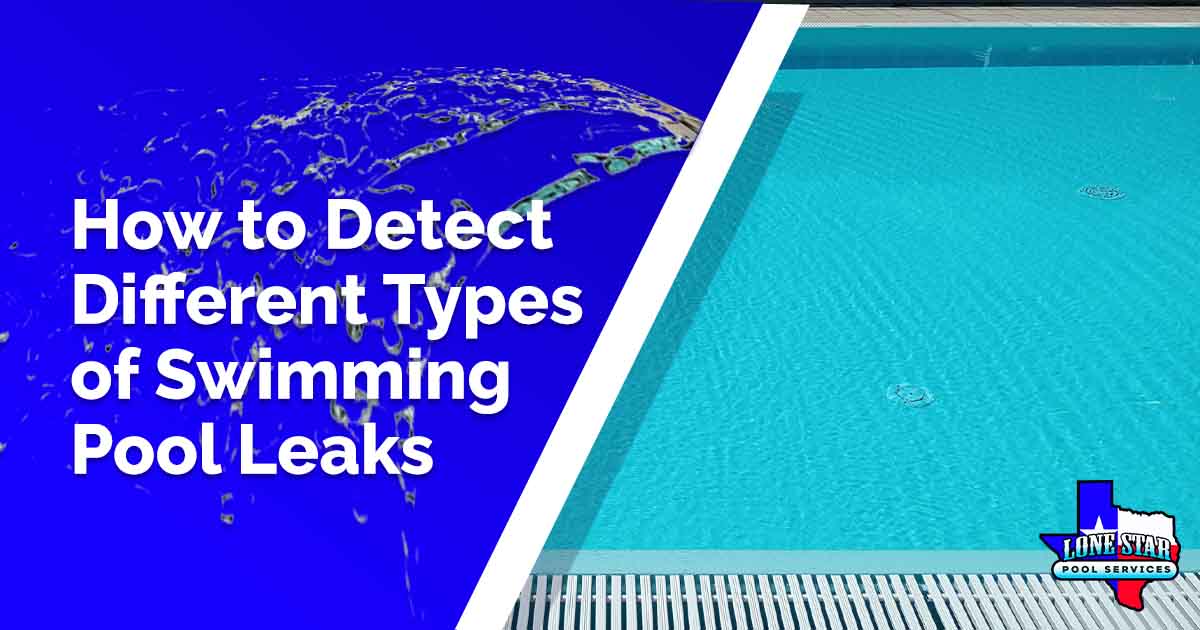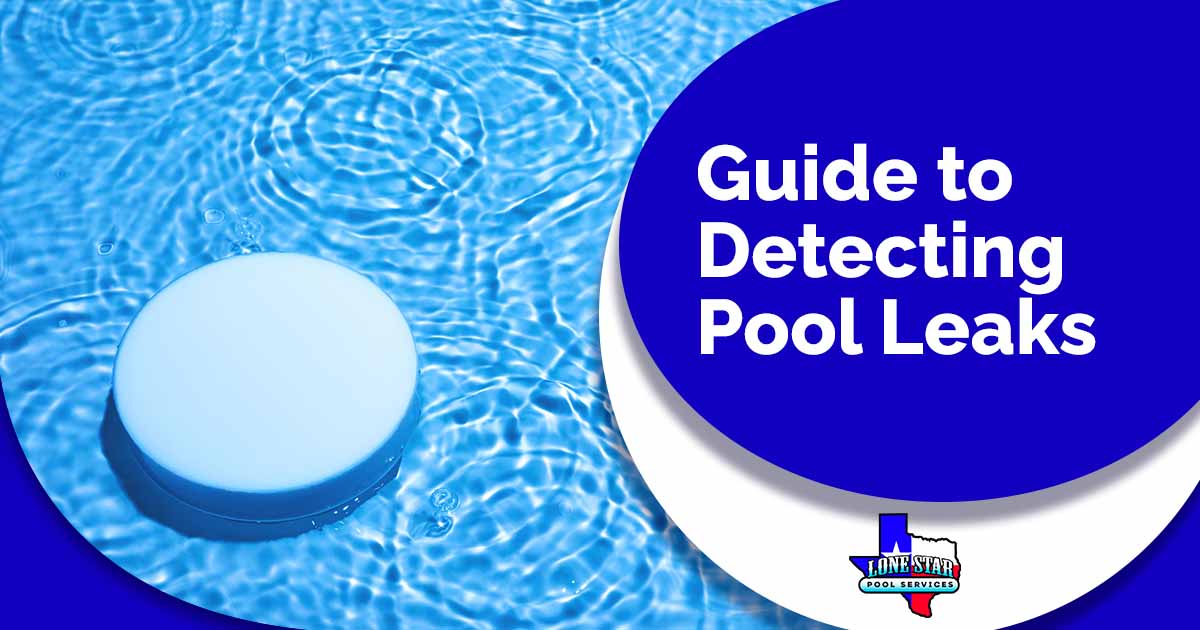Professional Swimming Pool Leak Detection Services
Swimming pool leak detection is the process of identifying and locating leaks in a swimming pool’s structure, plumbing, or equipment. Leaks in a pool can lead to water loss, increased maintenance costs, and potential structural damage. Detecting and repairing leaks in a timely manner is essential to keep the pool in good condition and maintain water and energy efficiency.
Methods of Swimming Pool Leak Detection
Common Signs of Pool Leaks
- Unexplained Water Loss: If you find yourself frequently needing to add water to your pool to maintain the proper water level, it could indicate a leak.
- Increased Chemical Usage: Leaking water can dilute the pool’s chemical balance, leading to increased chemical consumption to maintain proper water quality.
- Soggy or Sunken Areas: If the ground around your pool is consistently damp or sunken, it could be a sign of an underground leak.
- Cracks or Settling: Cracks in the pool’s structure, deck, or surrounding areas might indicate movement caused by a leak.
- Air Bubbles: Air bubbles coming from return jets could be a sign of a leak in the suction side of the system.
- Loss of Water Pressure: If your pool equipment, such as pumps and filters, experiences reduced water pressure, it might be due to a leak in the plumbing.
Pool Leak Detection and Repair Services
Causes of Swimming Pool Leaks
Swimming pool leaks can happen for a variety of reasons, many of which are not obvious at first glance. Aging plumbing lines may develop cracks or separations that allow water to escape underground. The pool shell itself can also shift due to soil movement, leading to structural cracks. Loose fittings around skimmers, lights, and drains are another common culprit, especially in older pools. Even small leaks in equipment such as pumps or filters can gradually contribute to noticeable water loss. Understanding these causes helps homeowners make informed decisions about timely inspections and repairs before problems escalate.
Benefits of Professional Leak Detection vs. DIY Methods
While DIY methods like the bucket test or dye testing can help identify potential pool leaks, they often lack the precision and reliability needed for a long-term solution. Professional leak detection services provide homeowners and property managers with accurate results, saving both time and money in the long run.
- Accuracy: Advanced equipment like pressure testing, electronic listening devices, and thermal imaging ensures leaks are pinpointed quickly and correctly.
- Time-Saving: Professionals can locate and repair leaks faster, reducing downtime and avoiding repeated trial-and-error testing.
- Cost Efficiency: Early detection prevents water waste, high utility bills, and major structural repairs that come from prolonged leaks.
- Comprehensive Solutions: Experts don’t just find the leak—they also provide tailored repair options for lasting results.
- Peace of Mind: Knowing the issue is properly diagnosed and repaired helps protect your investment and ensures long-term pool health.
DIY methods are best for quick checks, but for accurate detection and effective repair, professional pool leak detection is the smarter choice.
Consequences of Ignoring a Pool Leak
Delaying pool leak detection or repair can lead to serious and costly issues. Even a small leak can result in thousands of gallons of wasted water each month, driving up utility bills and placing strain on local resources. Over time, leaks can undermine the soil around your pool, causing decks to sink or crack. Persistent water loss also disrupts chemical balance, which may damage surfaces, encourage algae growth, and shorten equipment lifespan. Left unchecked, leaks can compromise the foundation of your pool, requiring extensive reconstruction. Early detection is the most effective way to avoid these risks.
Real Scenarios: How Pool Leak Detection Helps Homeowners
Many homeowners first notice a problem when their water bill spikes unexpectedly. In one case, a client discovered their pool was losing nearly 1,000 gallons per week due to a hidden crack in the return line. Another family noticed persistent damp spots around the pool deck, which turned out to be an underground plumbing leak. With professional leak detection, both issues were identified quickly and repaired before causing long-term structural damage. These examples highlight the importance of routine inspections and how professional services can save homeowners significant costs and stress.
Preventing Pool Leaks: Tips for Pool Owners
Although not all pool leaks are preventable, regular maintenance can reduce the risk. Inspect the pool shell and decking for cracks at least once a season, and keep an eye on fittings around skimmers, lights, and returns. Schedule professional equipment inspections to ensure pumps, filters, and plumbing connections remain watertight. Maintaining proper water chemistry also prevents surface erosion that can lead to leaks. For peace of mind, consider a professional leak detection service every few years, even if no visible issues are present. Preventive care extends the life of your pool and helps avoid unexpected repair expenses.
Pool Leak Detection Questions
How do I know if my pool has a leak or if it’s just evaporation?
It’s normal for a pool to lose up to 1/4 inch of water per day due to evaporation, especially in hot climates. However, if you notice consistent water loss greater than that, wet spots around the pool, air in the pump system, or constantly needing to refill, there’s a good chance you have a leak. A bucket test can help confirm whether the water loss is from evaporation or a leak.
What is the most accurate method for detecting swimming pool leaks?
Professional leak detection specialists use a combination of techniques depending on the suspected issue. Common methods include pressure testing, dye testing, electronic listening devices, and in some cases, camera inspections. These advanced tools help accurately pinpoint leaks in plumbing lines, pool shells, or fittings without unnecessary digging or damage.
How much does professional pool leak detection cost?
The cost of pool leak detection varies based on factors like pool size, location, and complexity of the leak. On average, you can expect to pay between $300 and $600 for a thorough inspection. At Lone Star Pool Cleaning, we provide clear, upfront pricing and can also assist with repairs if a leak is confirmed.
Can a pool leak cause high water bills or property damage?
Yes. Undetected pool leaks can lead to skyrocketing water bills, soil erosion, equipment failure, and even structural damage to your pool or nearby foundations. Early detection is key to preventing these costly issues. Our expert leak detection services help protect your pool and your property.
How long does it take to find and fix a pool leak?
Most pool leaks can be located within a few hours using specialized equipment. The time required for repair depends on the nature of the leak. Some leaks, like those in fittings or above-ground plumbing, can be fixed the same day. Others, like underground leaks or structural cracks, may require additional time and repair planning.






